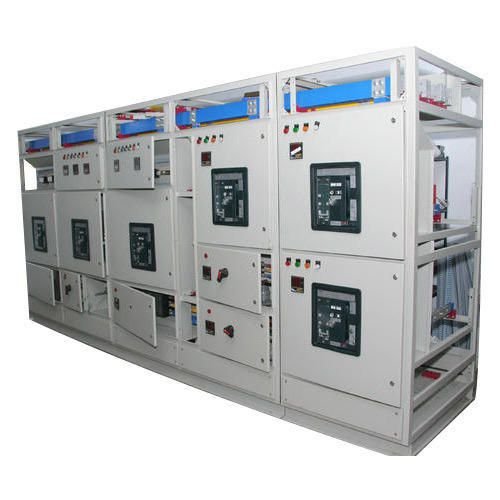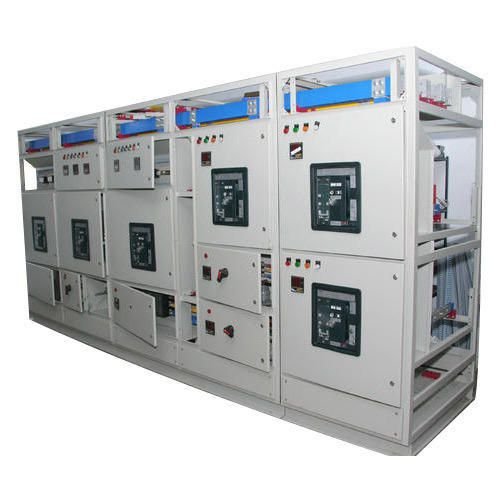Power Control Centers (PCC Panels) are essential components in industrial settings, facilitating the efficient distribution and control of power sources critical for seamless operations. Let’s explore what PCC Panels are and their significance in industrial infrastructure.
What is a Power Control Center (PCC Panel)?
A Power Control Center, commonly known as a PCC Panel, serves as a centralized distribution point for electrical power within industrial facilities. It manages and distributes power from various sources to different parts of the facility as required.

Key Features and Design Considerations
- Location and Fault Level: PCC Panels are typically installed near power sources in industrial environments where fault levels can be high due to heavy machinery and equipment.
- Busbar System: Designed to handle high fault levels and minimize temperature rise, the busbar system in PCC Panels ensures reliability and safety under demanding conditions.
- Space for Cable Termination: Ample space is provided within PCC Panels for cable termination, facilitating easier installation and maintenance of cables.
- Protection Mechanisms: PCC Panels are equipped with multiple protection devices including short-circuit, overload, earth fault, and under voltage protections. These ensure the safety of power sources and connected equipment.
Applications and Benefits
PCC Panels find wide application across industries such as manufacturing plants, refineries, and power generation units, offering the following benefits:
- Enhanced Safety: Robust protection mechanisms in PCC Panels mitigate risks associated with electrical faults, ensuring a safe working environment.
- Operational Efficiency: Efficient distribution of power optimizes energy usage and reduces operational costs.
- Reliability: Designed to withstand harsh industrial environments, PCC Panels deliver consistent performance over extended periods.
Conclusion
Power Control Centers (PCC Panels) are indispensable components of industrial infrastructure, providing centralized control and distribution of electrical power. Their design considerations, including fault tolerance, temperature management, and comprehensive protection mechanisms, make them vital for ensuring the safety, efficiency, and reliability of industrial operations.

